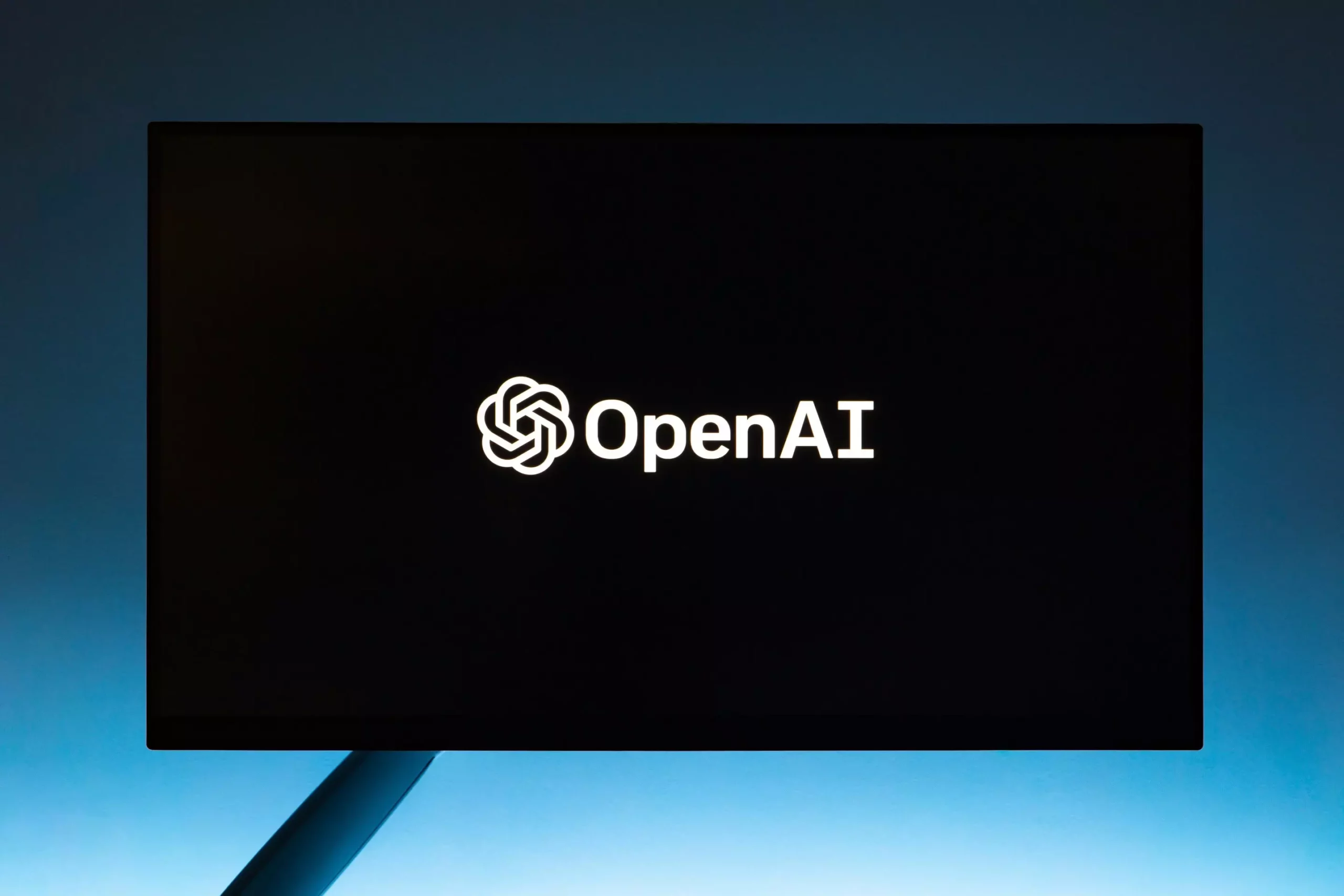In recent developments, OpenAI has taken a conspicuously oppositional stance towards a proposed Californian law designed to establish baseline safety standards for developers of large artificial intelligence models. This shift is significant, particularly considering the company’s chief executive, Sam Altman, has previously expressed support for AI regulation. As OpenAI, now a high-stakes entity valued at approximately $150 billion, steers its direction amidst the rapidly evolving AI landscape, this decision raises critical questions about its commitment to ethical practices and user safety.
The company has solidified its position as a leader in generative AI technology with its 2022 breakout product, ChatGPT. Nevertheless, contrary to earlier pledges to engage constructively with regulatory frameworks, OpenAI has more recently suggested an eagerness to push forward without comprehensive oversight. The implications of this shift could prove detrimental not only to consumer protections and ethical standards but also to the future landscape of AI utilization.
OpenAI appears to be mutating into an entity seeking extensive data acquisition, which extends beyond conventional text and image datasets. Recent actions hint at an appetite for gathering sensitive information encompassing personal online behaviors, social interactions, and health metrics. Although the organization has not confirmed plans to amalgamate these data streams, merely contemplating it poses significant ethical challenges.
The ethical ramifications of increased data acquisition are profound. The prospect of OpenAI having access to a multidimensional view of individual behaviors raises serious privacy concerns. This scrutiny becomes even more significant considering the nature of the data involved; sensitive biometric and health data could become ripe for misuse. Such capabilities would not only enable in-depth user profiling but could also lead to intrusive surveillance tactics that digital users increasingly fear.
OpenAI’s recent alliances with prominent media organizations such as Time magazine, the Financial Times, and Axel Springer extend its reach into the data ecosystem. These partnerships allow OpenAI to tap into vast reservoirs of content and behaviors, potentially providing unique insights into user engagement patterns. However, this tantalizing prospect for businesses also illuminates serious threats to user privacy.
With access to comprehensive content interaction metrics, OpenAI could draw elaborate profiles that describe how users consume information. Yet the questions surrounding how this data will be protected and utilized cannot be overlooked. Past collaborations between tech firms and health organizations have led to accusations of mishandling personal data, provoking concerns about how stringent OpenAI’s own policies around data security really are.
Investments in biometric technology, such as OpenAI’s collaboration with Opal to enhance webcams using advanced AI, further fuel concerns about privacy and security. The potential collection of sensitive facial data and emotional inferences can blur the lines between beneficial AI and invasive surveillance.
Moreover, OpenAI’s involvement in health innovations, particularly the Thrive AI Health venture, warrants scrutiny. Although it claims to prioritize robust privacy guards, the question looms large: what do these protections truly entail? Historical examples of data-sharing blunders in health initiatives could serve as strategic cautionary tales about the repercussions of assuming user consent or the irreversibility of data use.
OpenAI’s leadership dynamics amplify the seriousness of its approach to privacy and regulation. Altman’s previous endorsements of rapid growth and technological deployment take center stage, especially given the recent controversies surrounding his temporary ousting and swift reinstatement as CEO. These events indicate a volatile decision-making environment reflective of a corporation prioritizing market expansion over ethical considerations.
The stance against the Californian regulatory effort speaks volumes about OpenAI’s trajectory. By dismissing the push for safety standards, the company seems to signal a troubling trend away from accountability, instead favoring an unchecked growth model. This raises significant issues not only for individual users but also for the broader societal narrative on AI and data ethics.
As OpenAI navigates its complex status in the AI domain, the implications of its regulatory resistance, investment strategies, and data acquisition methods call for increased vigilance from stakeholders, policymakers, and consumers. A proactive, informed public discourse on these matters is vital to safeguard user privacy and ensure that AI technologies are developed and deployed responsibly. The challenges ahead are manifold and necessitate a collective commitment to ethical standards in an era where technology continuously reshapes societal norms.


Leave a Reply